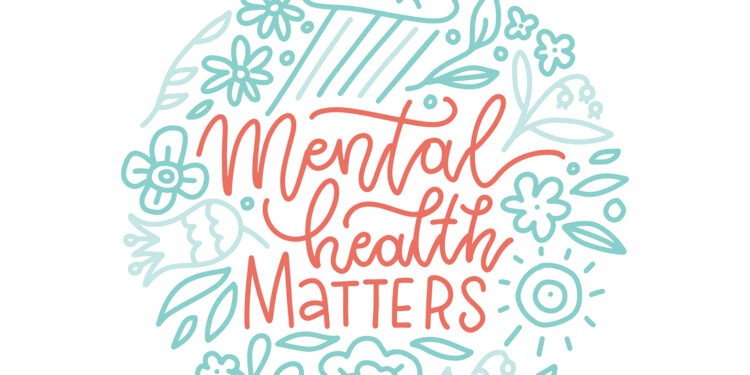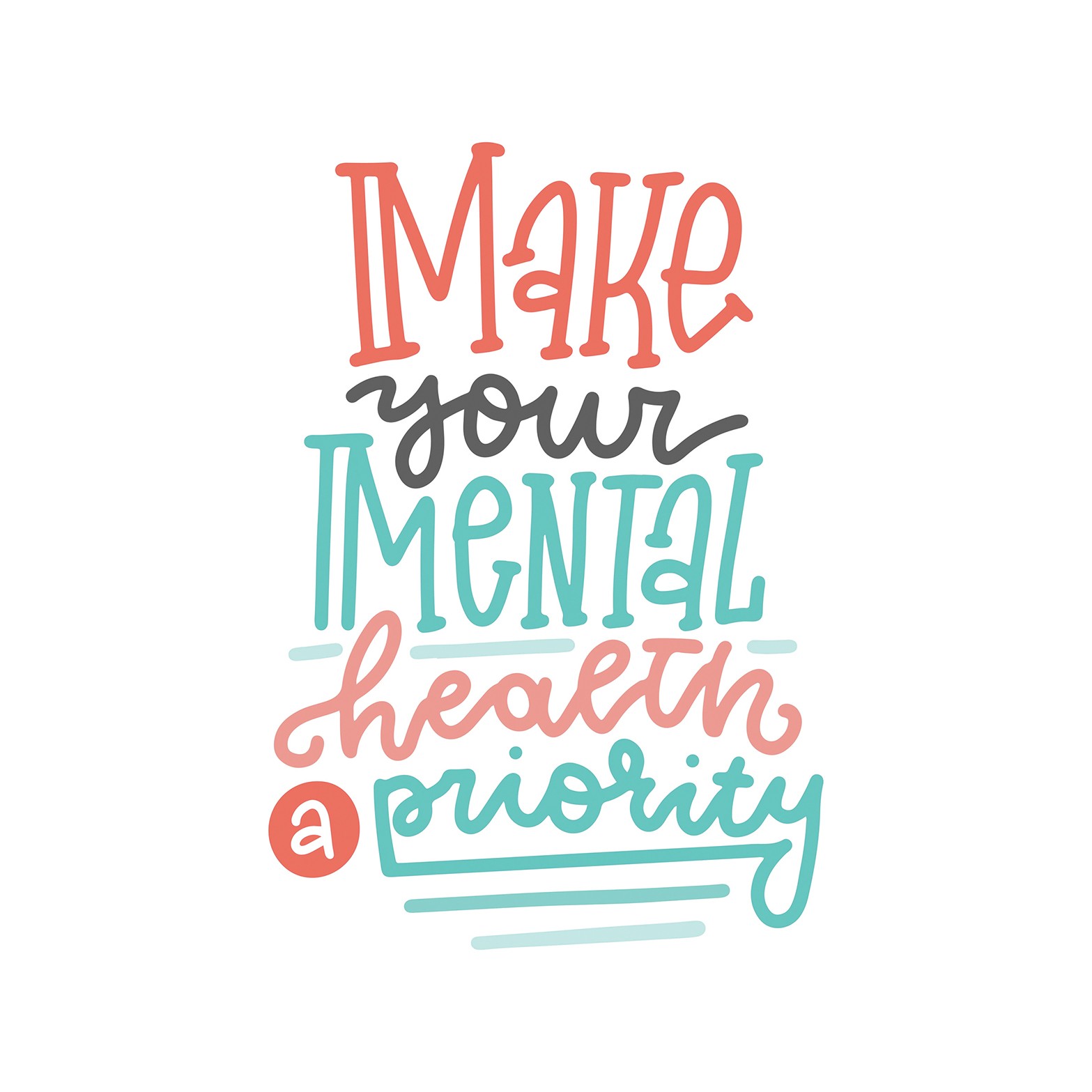Mental Health is an Important Process

Just like physical health, your mental health should be a top priority for our overall well-being.
When you have a lot of thoughts and emotions rambling through your head, it’s difficult to put it all into words for someone else to understand, especially when you might not fully understand it yourself. Just like we should honor and take care of our physical bodies through exercise and proper nutrition, we should give equal attention to our mental state of mind. When you focus on improving your mental health, you can increase your productivity, develop more of a positive self-image, and even improve relationships.
Mental health includes many layers of who we are: emotionally, psychologically, and socially. The overall state of our mental health can impact how we think, feel and even act. No matter in what stage of life we find ourselves, keeping a finger on the pulse of our mental health is critically important. Those who are specialists in this arena assist people who struggle with anxiety, depression, addiction, bipolar disorder, and other forms of mental health issues that can affect one’s feelings, thoughts, and behaviors and also disrupt lives and relationships.
 Leslie Gray, LPC, LMHC of Resolve Counseling and Wellness in Prairie Village, Kansas and Lee’s Summit, Missouri, began her career 20 years ago as a mental health technician in child psychiatry. She earned a graduate degree in 2008 and began her career as a licensed therapist in 2009. Gray fully understands the importance of nurturing one’s own mental health as a way to interact with the world.
Leslie Gray, LPC, LMHC of Resolve Counseling and Wellness in Prairie Village, Kansas and Lee’s Summit, Missouri, began her career 20 years ago as a mental health technician in child psychiatry. She earned a graduate degree in 2008 and began her career as a licensed therapist in 2009. Gray fully understands the importance of nurturing one’s own mental health as a way to interact with the world.
“Mental health, to me, refers to one’s emotional and psychological experience,” she explained. “It’s important because how one sees themselves and the world impacts behavior and the ability to cope with life on life’s terms.”
Mental health greatly impacts our thoughts, emotions, and behaviors.
“Mental health is just as important as physical health because the mind, body, and spirit are deeply connected, and if one is imbalanced/unwell, the others are also impacted,” noted Gray. “Only addressing physical health ignores the entirety of the whole person.”
How Covid-19 affected mental health
The recent Covid-19 pandemic revealed the importance of keeping a finger on the pulse of mental health concerns among others and within our own selves.
“The pandemic highlighted just how important it is for people to have connection with each other,” expressed Gray. “I have seen a significant rise in the need for mental services for depression, anxiety, and addiction. I think that addiction has a much bigger presence in our society than we have been willing to recognize. Addiction is not just chemicals; it is food, money, sex, sugar, social media etc.”
There are many indicators that someone might be struggling with mental health issues, and just the idea of that is quite broad. However, Gray indicated that if you see someone suffering, avoid feelings of fear or judgment. Instead, approach that person with kindness, love, and acceptance.

Unfortunately, mental health has been the target of criticism and social stigma.
“Mental health has long been stigmatized in our culture and that stigma creates a sense of shame in individuals who are suffering,” emphasized Gray. “Mental health awareness does not have a huge presence in our day-to-day living, and by creating space for education on mental health and mental illness we can reduce negativity around it.”
If you want to improve and have a positive impact on your mental health, Gray encourages a simple approach.
“I believe that gratitude, acceptance, empathy, and self-love can have a huge positive impact on one’s view of themselves and the world around them,” she emphasized. “There has been some positive change as we progress in our society, (but) we still have a long way to go. Our society is going through some major changes currently, and there is a need now more than ever to reduce hate and fear surrounding differences.”
When you exhibit respect and acceptance, you automatically minimize the barriers. It is important to see and value someone as a person and not define them by the status of their mental health. Individuals struggling with mental health issues have the same opportunities and rights as everyone else. When we learn more about mental health, we are in a much better position to help and support those who struggle with these types of issues.

Fortunately, you can always find help when you need and want it. According to Gray, there are many community health centers, online platforms, and inpatient and outpatient clinics where you can find support and healing.
In reality, mental health is more of a process and a journey rather than simply a destination. It is also okay to talk about it. Further, mental health issues should not define who you are. They are experiences from which you can learn and grow. No matter how small the progress you make, you are still making progress. The first step is to remember to be gentle with yourself as well as with others, as mental health issues will affect almost everyone at some point in life.
For more information on Leslie Gray LPC, LMHC of Resolve Counseling and Wellness please visit KCResolve.com






